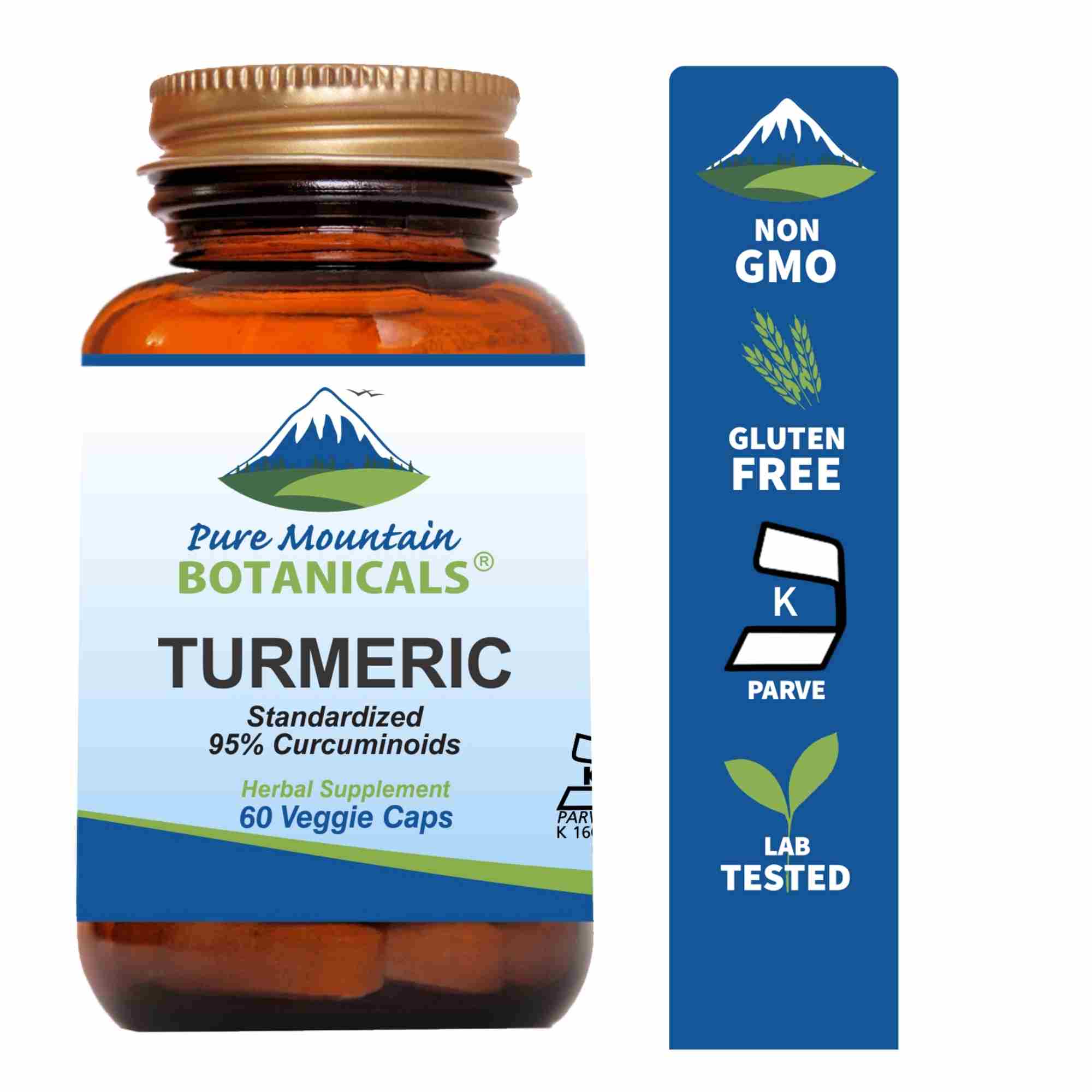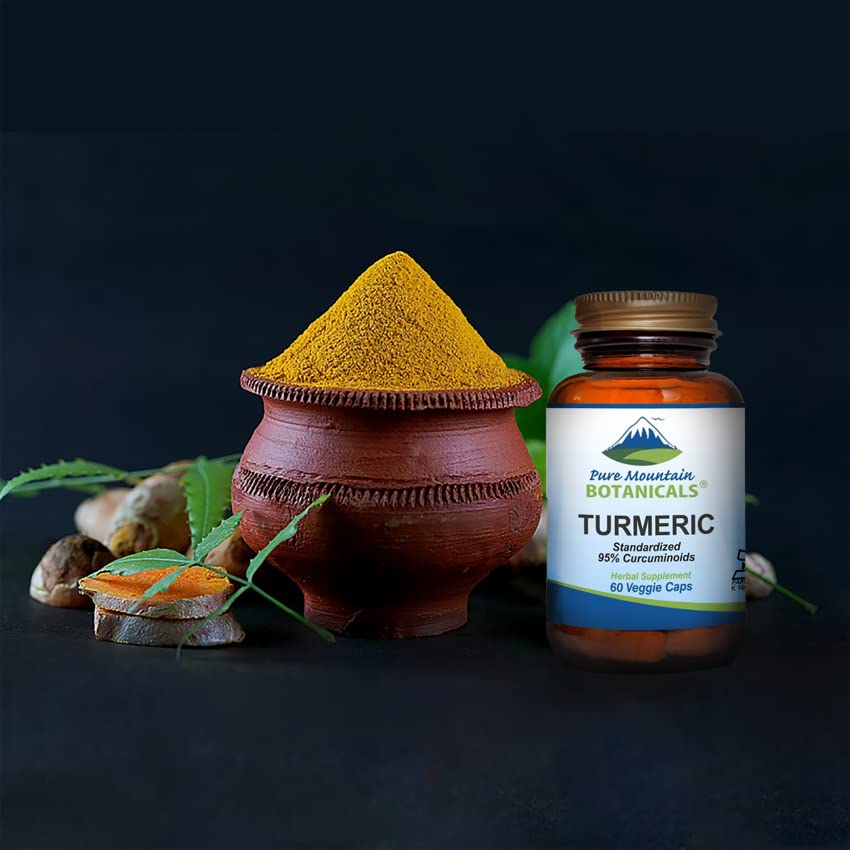turmeric balls
A study on patients with ulcerative collitis found that those who took curcumin and prescription medication together were more likely than those who just took the medication.
Turmeric might decrease how much talinolol the body absorbs. Taking turmeric while taking talinolol might decrease the effects of talinolol.


